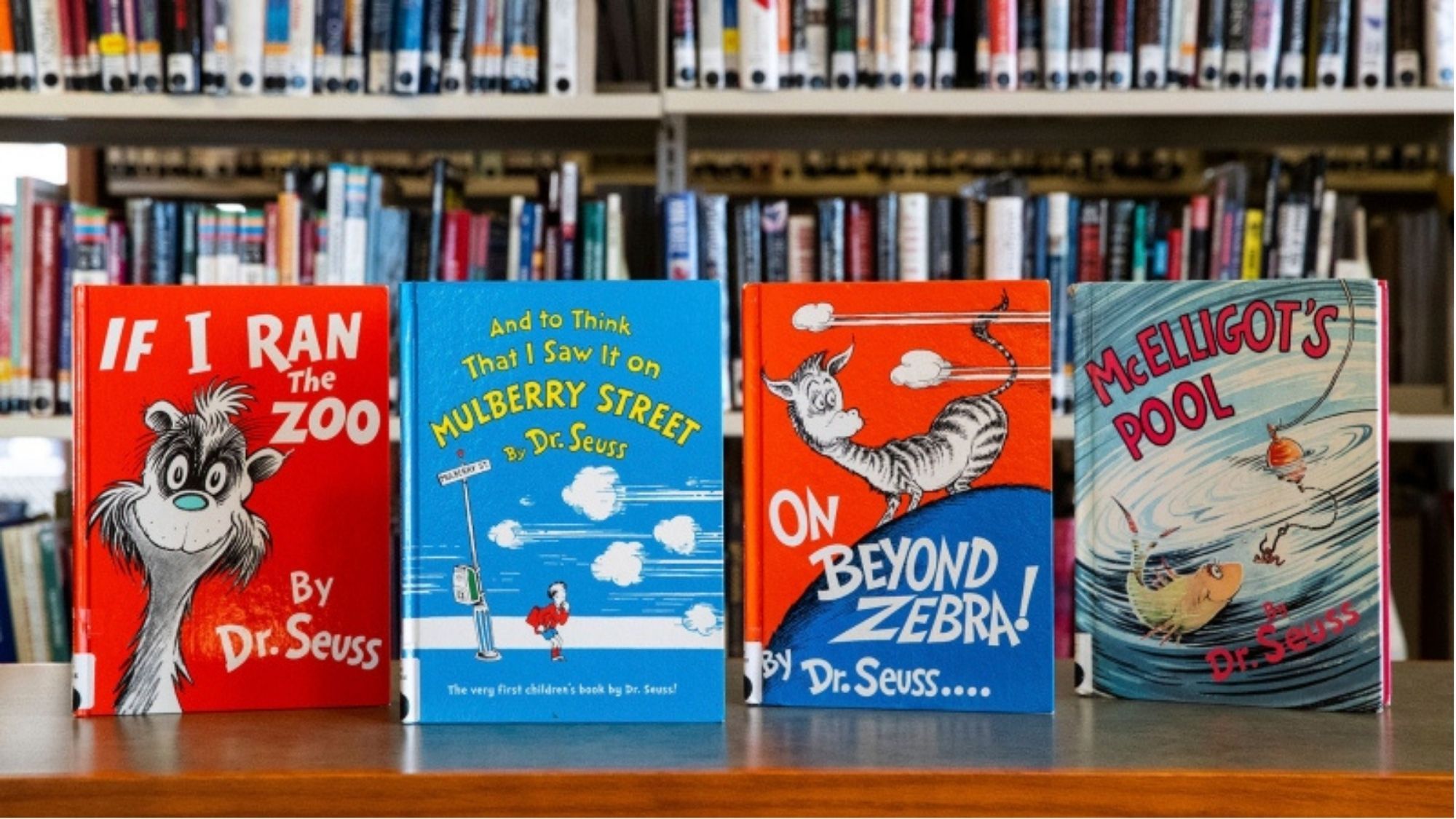Society has come a long way just within the span of a century. Back then, racial stereotypes were tolerated and even used as material for entertainment to some extent, but today more and more people make wise decisions to avoid them.
LITERARY publishers should constantly reevaluate classics and other works to see if the images and themes of the books are caught up with the times.
That is what Dr. Seuss Enterprises did just last week. They discontinued the publication and sales of six of the books written and illustrated by Dr. Seuss.
Dr. Seuss himself is a household name. He is, perhaps, one of the most famous and most highly regarded children’s book writers. Many of us who read books started with his works.
A prolific writer and illustrator of children’s books, Theodor Seuss Geisel – with the pseudonym Dr. Seuss – lived and flourished in the 20th century.
“The Cat in the Hat”, “Green Eggs and Ham”, and “The Lorax” are just three of over 60 original works of his that so many of us have grown to love back then up to now.
But then in the past week, Dr. Seuss Enterprises released a statement that drew flak.
They announced that they will be ceasing publications of “And to Think That I Saw It on Mulberry Street”, “If I Ran the Zoo”, “McElligot’s Pool”, “On Beyond Zebra!”, “Scrambled Eggs Super!”, and “The Cat’s Quizzer”.
Inclusivity
The main reason is that “these books portray people in ways that are hurtful and wrong”.
Upon thoughtful consideration, the Enterprises and other experts they consulted finally decided that the six books mentioned above are racist and perpetuate stereotypes through caricatures that harm or offend certain groups of people.
In the plight of inclusivity, Dr. Seuss Enterprises is determined to solidify a catalog that “represents and supports all communities and families”.
Racial stereotypes
The six books are not aligned to this plight. Despite selling over 700 million copies of his books, the Enterprises made the wise move to cease publications of six of them.
Society has come a long way just within the span of a century. Back then, racial stereotypes were tolerated and even used as material for entertainment to some extent, but today more and more people make wise decisions to avoid them.
The recognition of the negative effects of these racial stereotypes, especially in children’s literature, is the first step towards a truly inclusive society.
Children absorb and internalize everything they see, hear, and feel. If they are exposed to racist stereotypes through children’s literature, then it will not be a completely good influence on them.
They may internalize these images and propagate racist attitudes.
The Enterprises, then, posthumously deliberated on which of his books should be discontinued in order to adapt to the attitudes and cultures of today’s world. Of course, this is in hopes of making it perpetually relevant.
Thus, it is just proper and decent that publishers must continue to reevaluate the books that they sell – even literary classics by literary giants.
There is no point in upholding them and giving praise to them if they do not reflect the attitude of the present society. (EFO)
